2011: Wikileaks and Cyberpunks
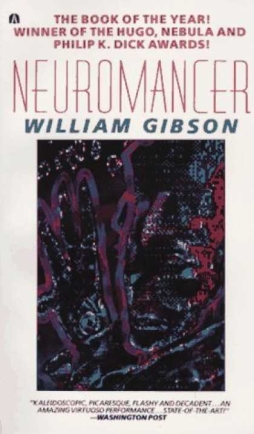 The first days of a year always have a feel, to me, of science fiction; of a piece of the future made real. You’re looking at a new date everywhere you turn. The name of the year is not the old name. You find yourself living inside something whose coming you have been awaiting, a future now present. But typically this strangeness doesn’t last long; sooner or later the human tendency to adapt makes a new normal, and life as it has been reasserts itself.
The first days of a year always have a feel, to me, of science fiction; of a piece of the future made real. You’re looking at a new date everywhere you turn. The name of the year is not the old name. You find yourself living inside something whose coming you have been awaiting, a future now present. But typically this strangeness doesn’t last long; sooner or later the human tendency to adapt makes a new normal, and life as it has been reasserts itself.
Only for me the strangeness came early this year, and I’m not sure when it’ll go away. I’ve been following the ongoing Wikileaks story, or set of stories, and increasingly I have come to feel as though I’m watching a cyberpunk novel unfolding in real time. The release by the Wikileaks site of confidential diplomatic cables, following on the heels of similar releases of confidential documents to do with American military activity in Iraq and Afghanistan, has spiralled into an array of interlocked narratives and events that seem to me to suggest something about the shape of the world in the year 2011.
Specifically, it suggests that cyberpunk has turned out to be the wave of the future after all.
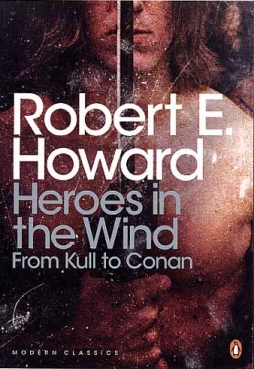 Another year’s drawing to a close, and with it the first full decade of the twenty-first century. It’s a time for looking back, for thinking over what’s happened and what’s going on, in fantasy fiction and elsewhere. I don’t pretend to be in a position to make any worthwhile assessment of fantasy as a whole; but I do want to write about a change that seems to be in process right now. I think it’s a positive change, and potentially a radical one. And I can remember the moment I realised it was happening.
Another year’s drawing to a close, and with it the first full decade of the twenty-first century. It’s a time for looking back, for thinking over what’s happened and what’s going on, in fantasy fiction and elsewhere. I don’t pretend to be in a position to make any worthwhile assessment of fantasy as a whole; but I do want to write about a change that seems to be in process right now. I think it’s a positive change, and potentially a radical one. And I can remember the moment I realised it was happening.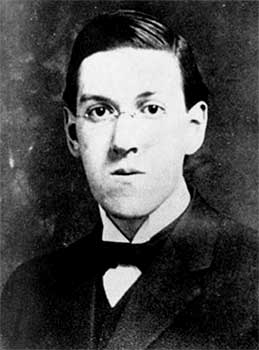 Everyone has their heresies. Things they believe, or things they perceive to be true, with which many if not most authorities would disagree. That’s especially so, I think, with readers. Everybody who reads is going to have a list of writers who they feel are unjustly praised or unjustly criticised. Or, in some cases, writers whose work is wrongly praised or criticised; writers accepted as great, for example, but who you think are great for some other reason than is held by most people.
Everyone has their heresies. Things they believe, or things they perceive to be true, with which many if not most authorities would disagree. That’s especially so, I think, with readers. Everybody who reads is going to have a list of writers who they feel are unjustly praised or unjustly criticised. Or, in some cases, writers whose work is wrongly praised or criticised; writers accepted as great, for example, but who you think are great for some other reason than is held by most people.
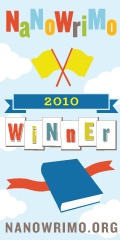 Another
Another 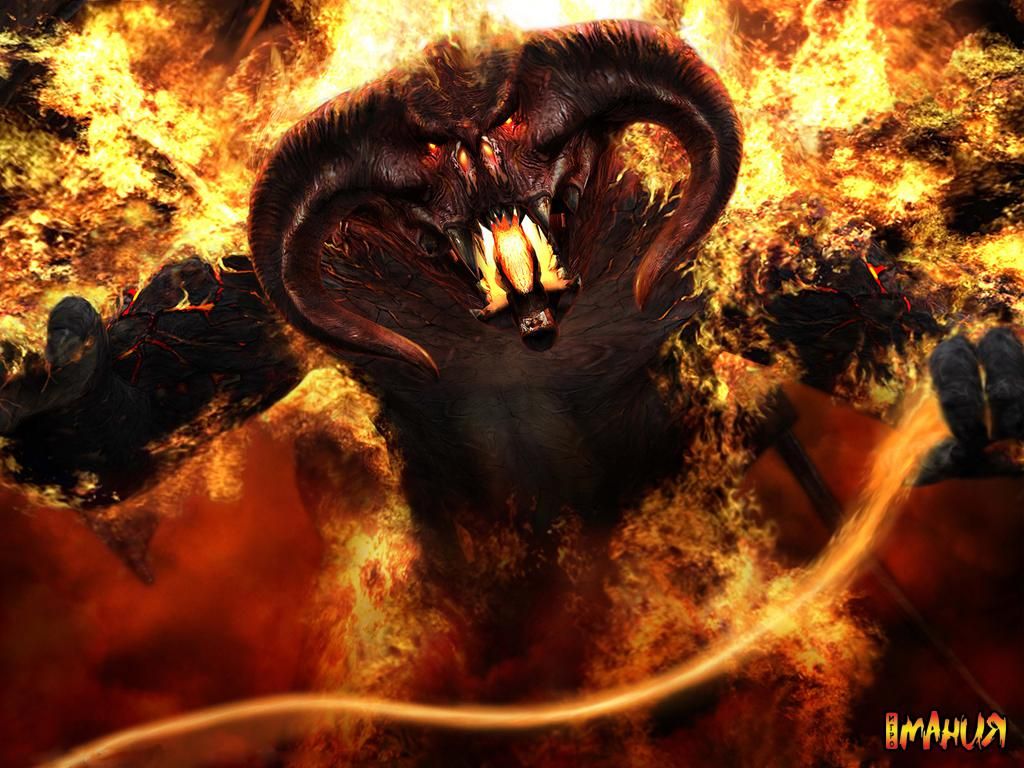

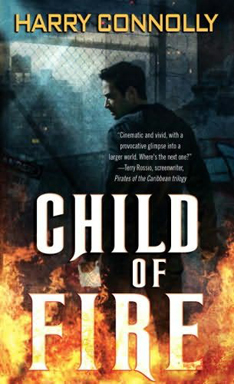 Did you know that there are awards for book trailers? They’re called “The Moby Awards” and you can check the most recent winners (and losers)
Did you know that there are awards for book trailers? They’re called “The Moby Awards” and you can check the most recent winners (and losers) 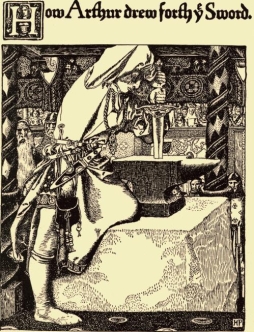 As I write this, I’m closing in on the 50,000 word mark of my
As I write this, I’m closing in on the 50,000 word mark of my  Hi! My name’s Amal! We’ve never met. Well, unless we have. But most likely we haven’t, because I’ve never blogged here before, even though Ms. Claire Rides-the-Lightning Cooney has
Hi! My name’s Amal! We’ve never met. Well, unless we have. But most likely we haven’t, because I’ve never blogged here before, even though Ms. Claire Rides-the-Lightning Cooney has